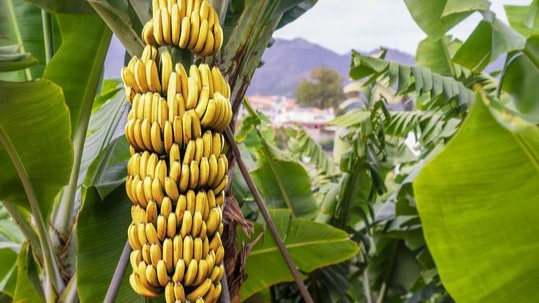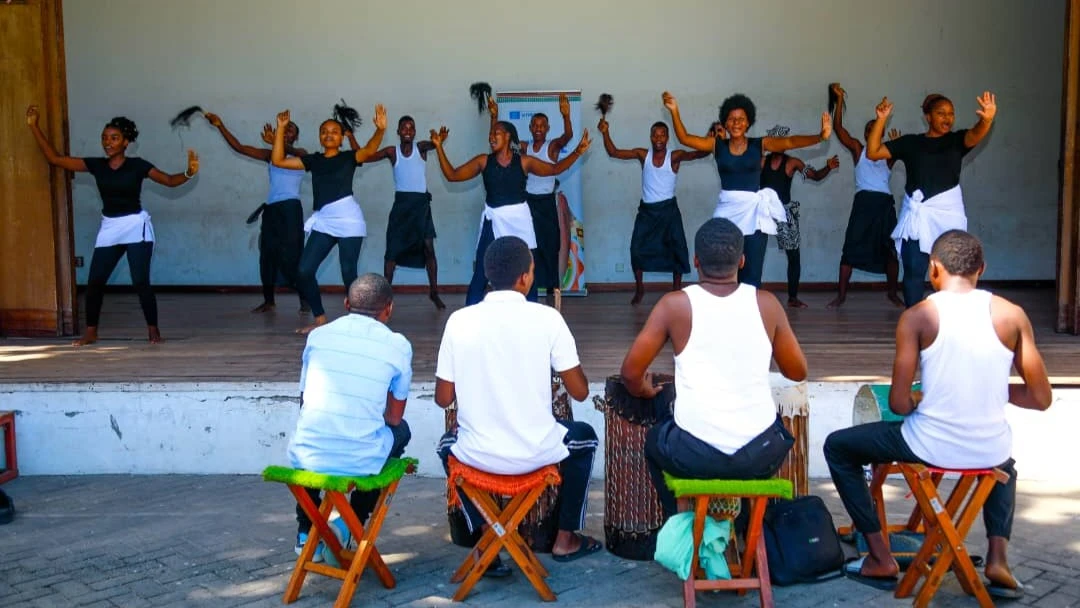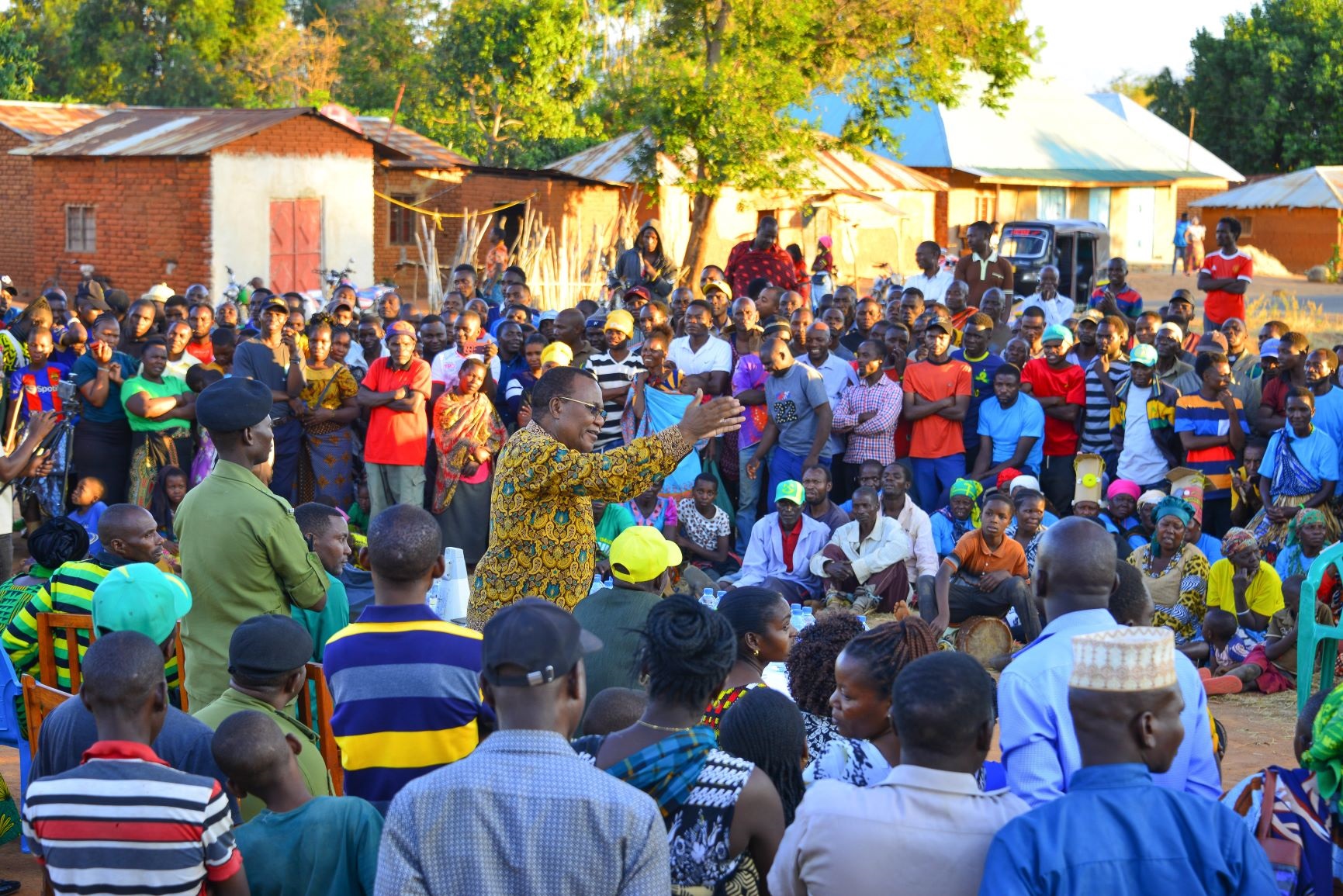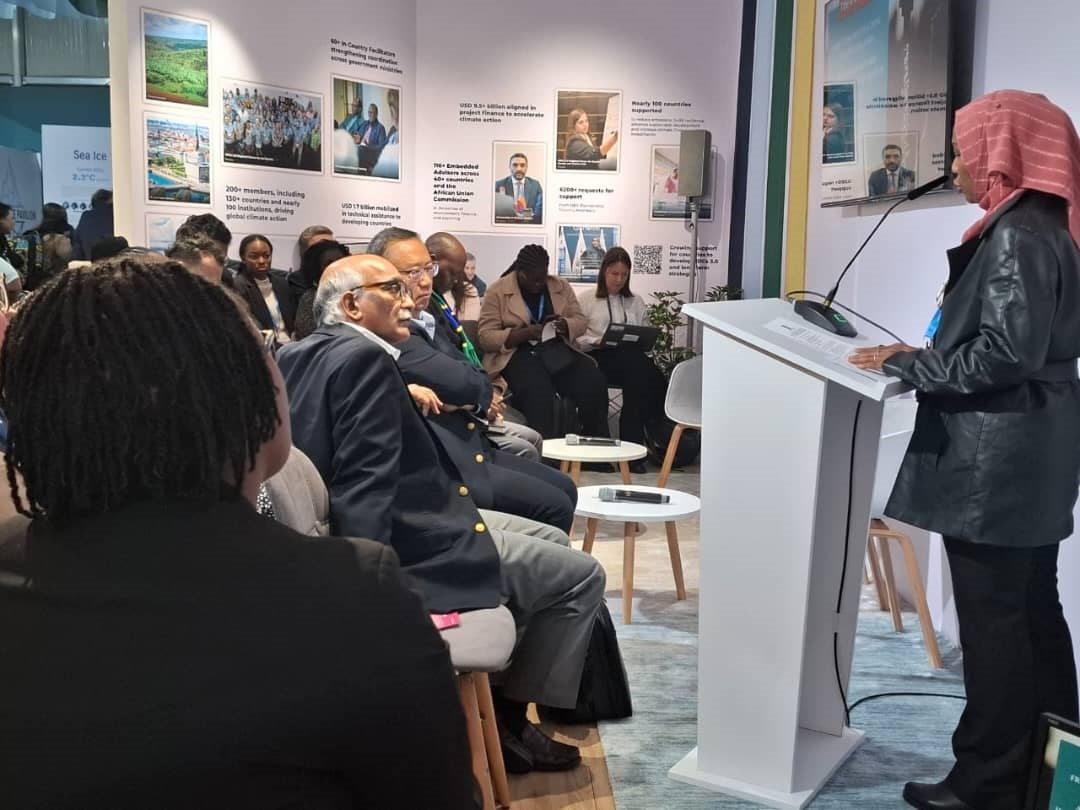IITA deploys AI to help farmers combat banana disease outbreak

THE International Institute of Tropical Agriculture (IITA) is implementing a project to combat banana bunchy top disease (BBTD) outbreak in the country.
Christened ‘Regional emergency response plan to control BBTD Outbreak in East Africa, the over $300,000 worth project is designed to develop key technology to assist farmers control and eliminate the viral disease.
Rudolf Shirima, a researcher with IITA told this reporter recently that IITA has developed digital artificial intelligence facilities to help farmers to detect the disease.
“IITA is working closely with the Ministry of Agriculture, the Tanzania Agricultural Research Institute (TARI) and the Tanzania Plant Health and Pesticides Authority (TPHPA) to disseminate to farmers key agronomic knowledge and skills to fight the disease,” he said.
BBTD is caused by a virus known as banana bunchy top virus (BBTV) and it has so far caused a huge damage to banana plantations across the country.
“The virus is transmitted by an insect vector, the banana aphid (Pentalonia nigronervosa) or through the use of infected planting material,” he said.
To curtail the disease, he said that the vision is to contain further spread of the virus in order to allow banana farmers to heighten production and productivity.
“We’re using a number of different approaches to assist farmers to battle the disease apart from use of the artificial intelligence facilities,” he said.
He said the reliable solution to curtail the disease is total uproot of the infected banana plants in order to limit further spread.
The disease causes crop loss between 90 and 100 percent in just one season after infection, which means farmers will lose all income they used to generate from the sales of fruits in the market.
The other method against the disease is the use of special pesticides to kill the vector virus, banana aphid.
“We’re also training banana farmers on how to develop and spread the infected banana plant sopa forms to kill the virus,” he added.
In further efforts, he said the institute was also working to support production of safe and quality banana seeds in order to overcome the disease.
“Among the ways of the spread of this disease is dissemination and use of contaminated (affected) banana seeds,” he observed.
BBTD was reported for the first time in Tanzania in 2023 in Buhigwe District, Kigoma Region.
As of October 2023, the disease had spread to other regions, including Dar es Salaam, Coast, Morogoro, Mbeya, Dodoma, Kilimanjaro and Mwanza.
Top Headlines
© 2024 IPPMEDIA.COM. ALL RIGHTS RESERVED





















